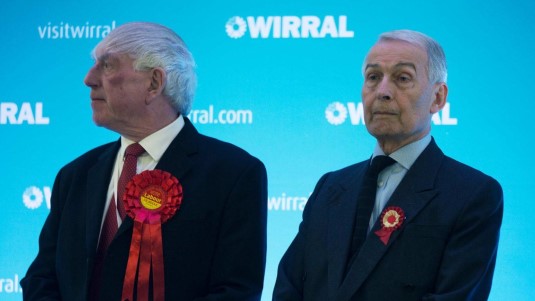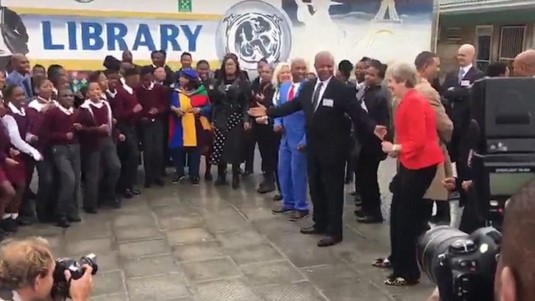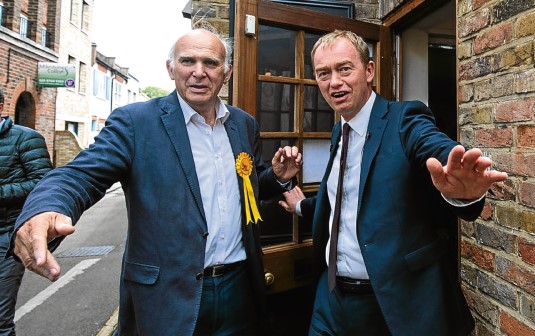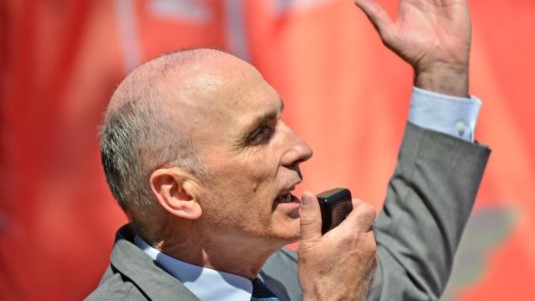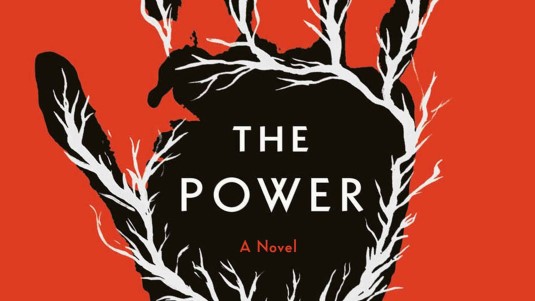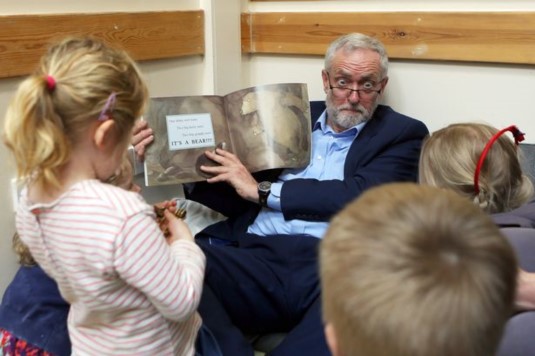22 years ago, Thursday mornings almost always meant a hangover. And yet, somehow, I was able to drag my minging carcass to the class room for a two-hour session on Comparative Social Transformations. Don't let the dry title fool you as our lecturer, Alan Sillitoe (no, not
the Alan Sillitoe) took us through a bit of classical sociology, the collapse of the post-war consensus, the debates around East-West convergence and Japanisation, post-industrialism, postmodernism (mind blown - at the time), and gender relations. Regarding the latter, I remember something of a debate in which all sections of the class, well, those of us who actually used to speak in tutorials, coming to a rare moment of consensus vs our learned instructor. Discussing the emergence of the sexual division of labour in prehistory and then the subordination of women to men, he asked why and how we thought this had happened. Remembering our Engels and
our Firestone, in our incoherent, semi-inebriated fashion various theories about the emergence of private property were offered, but the chief means of effecting this, of how women were made the first oppressed class on which all other class structures were subsequently erected, was strength: the brute fact that men tend to be larger, stronger, and more physically imposing than women. This was how women were reduced to property and chattel, and were kept there. Over time elaborate social codes and customs justified and naturalised these relations of power, but ultimately, in the last instance, male physicality and the threat of violence polices and enforces gendered inequality. The prevalence of domestic violence by men against women, as well as other incidences of sexual and physical violence, controlling behaviour, emotional manipulation and gaslighting, the pimping and trafficking of women, the mutilation of women and girls, and the threats of male violence remain absolutely central here, in the 21st century, to the second class status of women.
What if patriarchal relationships disappeared overnight? Or, instead of the gradual change we have seen over the last century, what happens if men's "advantage" of possessing greater physical strength vanishes and passes to women? This is the premise of Naomi Alderman's
The Power in which young women spontaneously develop the eponymous power, an ability to generate electricity to the point of discharging bolts from their hands. This is thanks to the evolutionary development of a web of muscle - the skein - that grows at puberty between the collar bones in the upper chest. It is a power latent in nearly all women - older women can be "activated" by younger women - and is also something men, apart from an infinitesimal minority, do not have. What would be the consequences of such a sudden and decisive upsetting of the social-physical order of men's and women's bodies? Spoilers: nothing good.
Occasioning the change, we follow the action through three key viewpoint characters. There are a couple of others, but these three are the most decisive. We have Allie, a runaway who killed her abuser when her power manifested, Roxy - the daughter of Cockney crime family, and Tunde, a Nigerian kid whose early videos of the emergent phenomenon go viral and out of which he's able to build a media career. Allie washes up at a convent where she secretly starts developing her powers and eventually takes it over, Styling herself as Mother Eve and egged on by her ever-present internal voice, she starts preaching that the power is a sign from God and one in which She is now emphasising the female side of her character. And so she becomes the locus of a new female-centered matriarchal religion. Meanwhile, Roxy uses her power to kill a rival crime boss who murdered her mum before hooking up with Allie and forming an alliance of mutual convenience. Roxy's firm has a sideline in drug synthesising and smuggling, and it's not before long they're producing their own gak that strengthens the power of its users. But for me, Tunde is the most interesting character because it's through him we most clearly see the change in the new gender order. He starts off as the usual cocky, know-it-all boy and before long he's a grizzled globe-trotter, reporting on the world's most testy flashpoints. He gets caught up in demonstrations of newly empowered women, and in terror attacks by militant men's groups. But then, while covering a confrontation between women and the authorities in India, he barely escapes rape at the hands of a woman. And from then on, his ride through the novel gets progressively rougher.
At the beginning, abusers and all those who profit from violence against women get their just desserts. We're on the streets with Saudi women as this most disgusting of patriarchies is humbled and overthrown. East European women, repeatedly raped while being "softened up" for trafficking to the West, acquire their power and are easily able to dispose of their guards. Summary justice and vengeance, unfortunately, gives way to a darker turn. We closely follow this in Bessapara, a new country founded by women in Moldova that quickly gets bogged down in a drawn out war with its north, where remnants of the House of Saud are hiding. Initially Bessapara was founded to explore new ways of living, and so to have the cutting edge of the new face down the reactionary, patriarchal violence of the old was a nice touch. However, the dream quickly descends into a nightmare. After a series of military reversals, which Bessapara's president blames on traitorous men, a number of "emergency measures" come in. These include an internal passport system in which men have to carry papers signed by a nominated woman guardian, the banning of men from driving, from most jobs, and so on. In other words, a mirror image of its Saudi nemesis in which the poles of oppression are reversed. Tunde is on the scene and we tour a countryside in which men are scared of helping him out, of encountering the tortured and sexually abused bodies of young men, of male sacrifice, and later an attack on a refugee camp. If you don't think a rape scene of a man by a woman can't be brutal and disturbing, Alderman will disabuse you of that notion.
One interesting touch as you make your way through the book are sketches of items from archaeological digs. At first they seem relatively innocuous. Some images of a holy mother, a glove with wires designed to project the power, a device for training young girls in its use. All are suggestive of perhaps the power manifesting itself previously and pre-industrial peoples making use of its rare manifestation. And then we come to figurines of a male sex worker and a rock painting of male genital mutilation - a procedure in which the power is used to render a man impotent and only capable of (painful) arousal through the power's application. Accompanying each is a historical commentary and it quickly becomes apparent that the occasion of the power sees the destruction of human civilisation and that our events are being narrated from the perspective of 5,000 years in the future. Our violent history of patriarchy has been supplanted by a different, but equally violent unfolding of matriarchy.
As a thought experiment,
The Power is fascinating and compelling. The narrative is pacey and keeps the pages turning, and it's all set of literary immortality. The TV boxed set, I understand, is in the works. It is a novel that is very now as the basis of patriarchy
is diminishing, and we're seeing the growth and spread of toxic masculinities as a result. It takes hold of the anxieties and neuroses of frightened, anxious patriarchy and ups the voltage. One way
The Power can be read is as an exaggeration and lampooning of these fears. Alternatively, and more persuasively in my view, it does draw attention to the mundane, physical means by which patriarchal violence (whether actual or potential) is exerted. Tunde and his transformation from a confident, naive kid to a young man who actively avoids eye contact with women in the street is brilliantly realised. Here Alderman confronts the reader, particularly her male readers, with the threat many women have and do experience on a daily basis but is
largely invisible to them. And I would also suggest
The Power is a meditation on 'the event'. Western culture generally, not just left wing politics, believes in the redemptive power of a key moment - the Godly apocalypse, the revolution, the singularity. Organising your belief system around an event can lead to the postponement of contemporary problems until after it has taken place. For instance, it wasn't a long time ago when revolutionary politics, when it did address matters of gender, race and sexuality, tended not to take them seriously and relegated them to the never-never
after the glorious day had come and gone. Social change, including progressive social change, is more complex and piecemeal than a moment in which the slate is wiped clean and there is a before and an after. In
The Power the sudden imposition of the radical event does not so much change gendered relations but
preserves them through reversal, and leads to a doubling down of the same old crap. Alderman's novel is therefore a critique of the event, of the notion that something is going to come along from the outside and wave its little wand to make everything better. The power of
The Power is the challenge it issues: that it doesn't have to be like this, and we have it in ourselves to change it.

